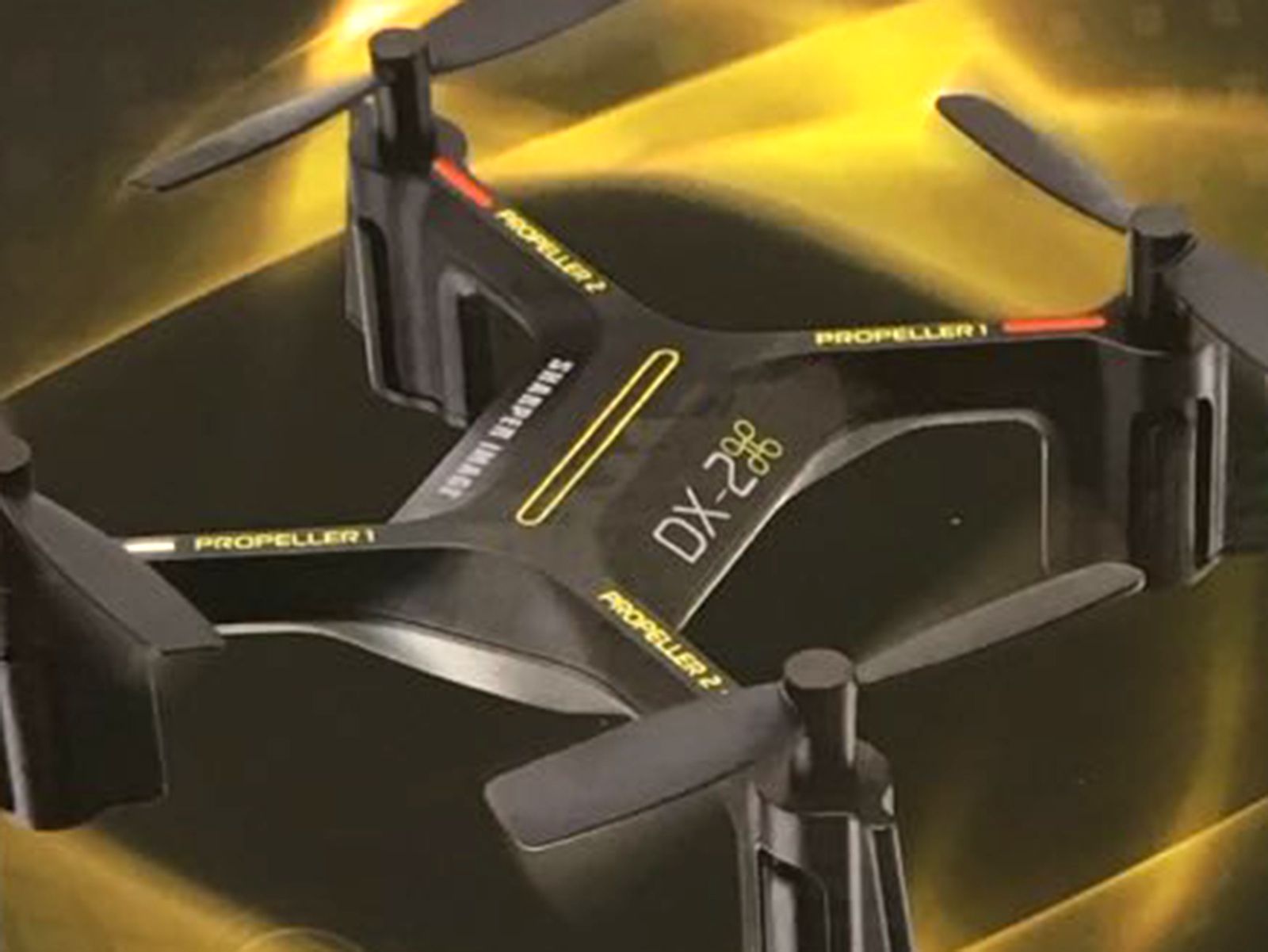In recent years, drone technology has evolved at a breakneck pace, transforming industries from agriculture to logistics. As this innovation gains traction, the cannabis industry, known for its adaptability and tech-savvy entrepreneurs, is eyeing drones as a game-changer for delivery services. With an increasing emphasis on convenience, safety, and efficiency, drones have the potential to revolutionize how cannabis products reach consumers.
The Evolution of Drone Technology
Drones, or unmanned aerial vehicles (UAVs), were once limited to military use and hobbyist activities. However, technological advancements have led to the development of commercial drones capable of carrying substantial payloads, navigating complex environments, and operating with pinpoint accuracy.
Key innovations include:
- Improved Battery Life: Extended flight times enable drones to cover greater distances, making them viable for urban and suburban deliveries.
- Advanced Navigation Systems: GPS, artificial intelligence (AI), and machine learning integration allow drones to avoid obstacles and optimize delivery routes.
- Payload Enhancements: New designs accommodate heavier loads, including temperature-controlled compartments for perishable or sensitive products like cannabis edibles and concentrates.
Cannabis Delivery: A Natural Fit
The cannabis industry thrives on innovation, and the potential for drones to streamline delivery services is significant. As demand for cannabis products continues to grow, particularly in states with legal recreational and medical use, delivery services have become a key revenue stream. Drones offer several advantages over traditional delivery methods:
- Speed and Efficiency: Drones bypass traffic, delivering products in a fraction of the time required by ground vehicles.
- Cost-Effectiveness: With reduced labor and fuel costs, drones can offer a more economical delivery solution.
- Discretion and Privacy: For consumers who value privacy, drone deliveries can offer a low-profile alternative to traditional methods.
- Sustainability: Drones produce fewer emissions than gas-powered delivery vehicles, aligning with the cannabis industry’s focus on eco-friendly practices.
Regulatory Hurdles
Despite their potential, drone deliveries face significant regulatory challenges. The Federal Aviation Administration (FAA) tightly regulates drone operations in the U.S., requiring operators to adhere to strict guidelines regarding airspace, flight paths, and payloads. For cannabis deliveries, additional complexities arise from the plant’s federal status as a controlled substance. State and local regulations further complicate the rollout of drone-based systems.
However, some progress is being made. Companies like Amazon and Google have successfully piloted drone delivery programs for general goods, paving the way for broader acceptance. Cannabis businesses can leverage these precedents while working closely with regulators to ensure compliance.
Emerging Use Cases in Cannabis Delivery
- Medical Cannabis Deliveries: For patients who are homebound or live in remote areas, drones can provide a lifeline by ensuring timely delivery of medication.
- Retail Fulfillment: Dispensaries could use drones to offer same-day delivery for online orders, enhancing customer satisfaction and loyalty.
- B2B Logistics: Drones could streamline the transport of products between cultivators, manufacturers, and dispensaries, reducing overhead costs and lead times.
Looking Ahead: The Future of Drone Delivery in Cannabis
The integration of drones into cannabis delivery is not a matter of if but when. As technology continues to advance and regulatory frameworks adapt, drones are poised to become a cornerstone of the cannabis supply chain. In the near future, we may see partnerships between cannabis companies and tech firms to develop industry-specific drone solutions.
Imagine a future where cannabis deliveries arrive at your doorstep within minutes of placing an order, all while reducing the carbon footprint of the transaction. Such a scenario not only benefits consumers but also positions the cannabis industry as a leader in sustainable innovation.

